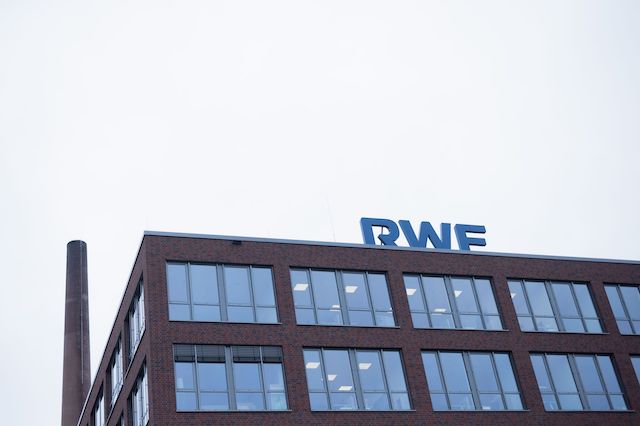The German energy conglomerate RWE said its first half earnings before tax amounted to €4.812billion, an equivalent of $5.3billion, representing an increase from the €2.513billion posted in the same period a year ago.
The gains were mainly due to an increase in operating income despite lower revenue. Other operating income rose to €3.953billion from €1.971billion in the previous year. Net income increased to €4.010billion or €5.39 per share from €1.991billion or €2.68 per share in 2023.
Excluding one-time items, adjusted net income, however, declined to €1.362billion or €1.83 per share from €2.378billion or €3.20 per share a year ago. Adjusted earnings before interest, taxes, depreciation and amortization or adjusted EBITDA, fell to €2.899billion from €4.143billion last year.
According to a German News Service (GNS) report (delivered by dpa), revenue for the period dropped to €11.212billion from €14.862billion in the previous year. For fiscal 2024, RWE expects adjusted EBITDA to be in the range of €5.2billion-€5.8billion, compared with €7.749billion in fiscal 2023.
Also the company’s adjusted net income for the year is expected to be between €1.9billion and €2.4billion, lower than €4.098billion it posted last year.
Meanwhile, the Hanseatic Energy Hub (HEH), yesterday, said the operator of Germany’s first onshore liquefied natural gas (LNG) terminal has sued the European Commission for approving state subsidies for a rival terminal.
Read Also: NASS imposes 70% windfall tax on banks in Finance Amendment Act 2023
HEH, a private consortium of companies working without subsidies, is taking legal action against the European Commission at the EU court in Luxembourg as the Brussels authority approved subsidies provided by the German government to a rival project in Brunsbüttel at the mouth of the river Elbe to the north-west of Hamburg.
Germany aims to use LNG to offset the loss of Russian gas supplies. Berlin had previously depended heavily on Russian gas but rapidly sought alternatives after Moscow invaded Ukraine in 2022.
HEH argues that the Brunsbüttel project could proceed without state funding. HEH said a normal market participant would have simply charged higher prices to customers and managed without state money. HEH’s lawyers also say the support encourages operators to be less economically efficient.
HEH, the consortium responsible for the LNG project in Stade upriver from Brunsbüttel on the Elbe, is based in Hamburg and includes the Hamburg port logistics company Buss-Gruppe, the Swiss private equity firm Partners Group, the Spanish network operator Enagás and the US chemical company Dow.
HEH began building the terminal in Stade just outside Hamburg in June, and it is scheduled to become operational in 2027.






